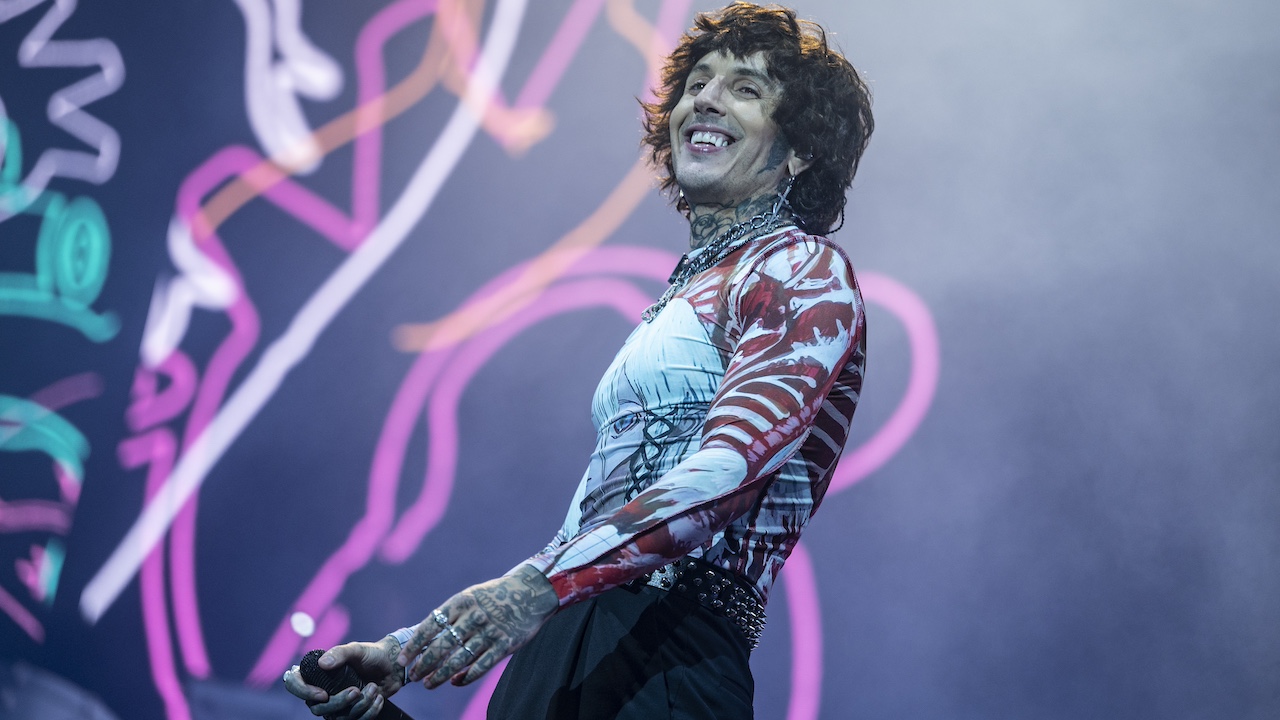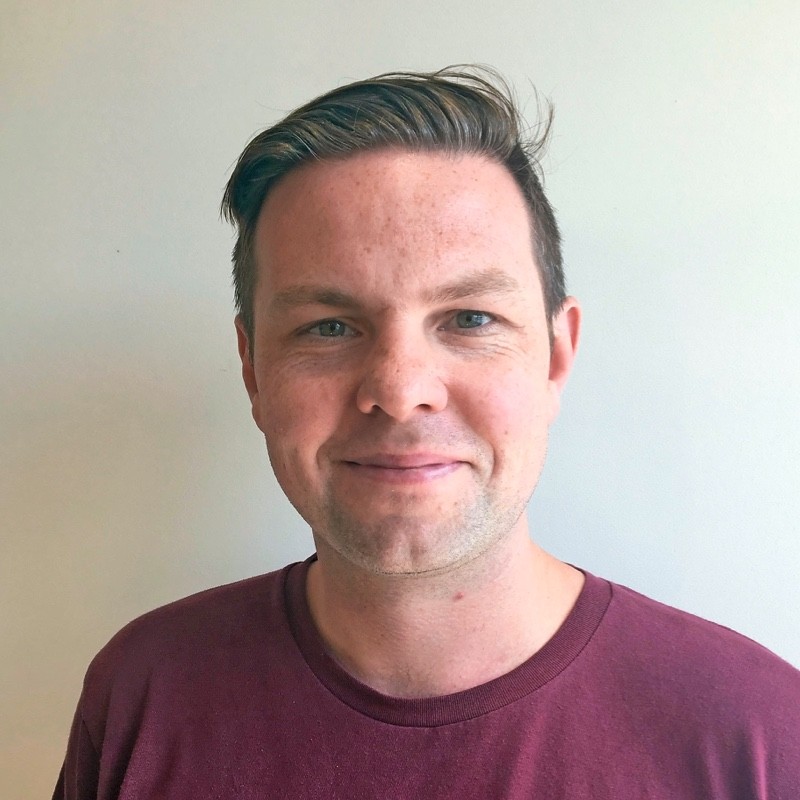Bring Me The Horizon are long-established as one of the UK’s biggest and most-loved heavy rock bands, sonic outliers who have constantly mixed up their sound the deeper they’ve got into their career, infusing electro drops, anthemic rock and spiky pop into their initial metalcore sound. But it has not been all smooth sailing for the Sheffield quartet.
Later this month, it's 20 years since the release of their debut EP This Is What The Edge Of Your Seat Was Made For and in an interview with this writer a few years ago, frontman Oli Sykes looked back at the challenges they faced in their early days, namely realising after their first flush of success that they was also a contingency who strongly disliked them.
"It’s not been an overnight success, it’s been a steady rise to where we are today,” said Sykes. “We got to appreciate it all and experience it at every level. When you’re down there and it is a gradual rise, it’s easy to get jealous of the bands who do blow up but all those bands who’ve got bigger we’ve slowly surpassed over the years. Everything is a highlight, we’ve never expected anything, we’ve never gone, We’re gonna do this next or we’re gonna do that, we’ve gone where we’ve been told to so we’re always pleasantly surprised.”
"Sykes recalled that the moment the band felt they had turned the tide, playing to a rapturous Reading and Leeds crowd after the release of their sound-expanding fourth album Sempiternal. “It was a real pinnacle moment in terms of seeing how far we’d come. When we first playing Reading, we got everything thrown at us. We were on the main stage and we were just booed. We got camera phones, sawdust, kebab sauce, everything until we’d finished playing. The whole crowd hated us. We were used to it. It weren’t owt new. We dealt with it as best we can, gave it them back, we didn’t give a fuck, but it’s not nice for your parents to watch but you have to just deal with it. You’ve gotta not give a fuck and get on with it. So going back a couple of years later and seeing the whole place go absolutely fucking mental for us, I can’t think of a band who has done that before. I’ve seen bands go from loved to hated but once your band is hated that much is really hard to convince people otherwise. The Panic At The Disco singer got knocked out by a fucking bottle. It were really nice to see so many people going, ‘I used to fucking hate this band, but these are good’.”
"Sykes said that part of the turnaround was down to the fact they were never on the defensive when people slagged them off, always trying to figure out how they could be better. “We always took what people said on board if they had a point, we never went, ‘Everyone’s wrong, we’re brilliant!’, so in a way they helped us. Now we’re celebrated as a British metal rock band. Obviously, there’s still people who don’t like our band… We’re not smug about it, we’re happy that we’ve turned it round and people are proud of us. I want us to be a band Britain is proud to have, not ‘We’ve got this band who are big but no-one really likes them’.”
The group continue to blaze a trail for what a modern rock band can be. They surprise released their latest set Post Human: Nex Gen earlier this year, with a physical release following later this month.

